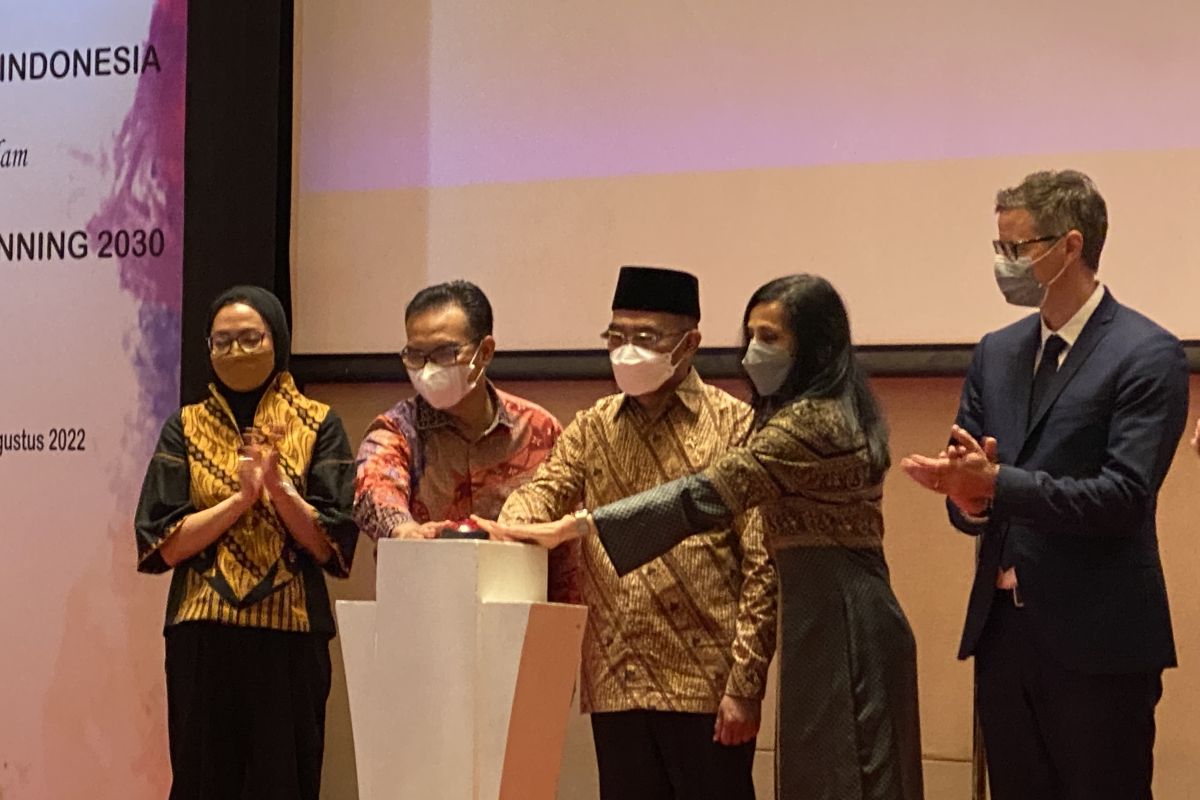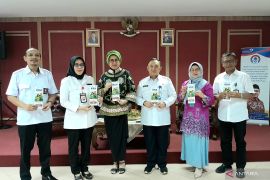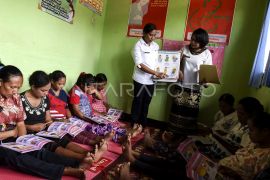"The launch of Family Planning 2030 in Indonesia is very important, as an effort to disseminate towards ministries and agencies as well as stakeholders of family planning in Indonesia," BKKBN Head Hasto Wardoyo said at the program’s launch here on Monday.
Other stakeholders who are also involved in the program are the Canadian Embassy and national youth representatives, he informed.
The program covers ten commitments, including the provision of voluntary, quality, and comprehensive contraception services, in accordance with state law.
The second commitment is improving private entities' contribution to the family planning program and enhancing the reproductive health program, including by offering modern contraception services at all medical scopes.
"(Extending) Modern Contraceptive Prevalence Rate (mCPR) services in all scopes, which initially was in primary health care, such as in public health centers or C or D type hospitals, now extended to all official private midwives practices," he informed.
Under the third commitment, the government will ensure funding for family planning and reproductive health. It will also promote the use of data and proof-based indicators to monitor and evaluate the family planning program.
Wardoyo emphasized the government's commitment to mitigating the risk from COVID-19 and other crises by ensuring the availability of contraceptive services.
The sixth commitment covers the provision of information and education to improve teenage reproductive health.
The seventh commitment covers a state push to increase the contribution of the general public, mass organizations, private entities, public figures, religious figures, academics, and the media in supporting the program.
The eighth commitment is integrating the family planning program with the public nutrition program. The ninth is to pursue the family planning program’s integration through information dissemination as part of efforts to stop the spread of HIV (human immunodeficiency virus) and IMS (infectious mononucleosis-like syndrome).
"As for the tenth, we will improve Indonesia's role in collaboration in family planning and reproductive health," Wardoyo informed.
Meanwhile, UNFPA Indonesia Representative Anjali Sen emphasized that the 2030 sustainable development goals are based on the principle of involving everyone and paying attention to women's contribution, with a focus on eliminating injustice, such as in access to information and quality of care, and ensuring comprehensive counseling.
"We encourage all relevant stakeholders to commit to ensuring that budget allocations and funding plans in family planning also include programs and priorities in national, regional, and district plans," Sen remarked.
Executive director of Cipta Foundation, Dini Haryati, said that the foundation will continue to assist the government so that the existing commitments can be fulfilled properly for every Indonesian family.
"Indonesia's commitment to global partnerships does not only belong to the government, but also to all stakeholders who have aspirations for the advancement of family planning, reproductive health in Indonesia," she said.
Related news: Presidential instruction can become reference for family resilience
Related news: UN forecasts global population touching eight billion by Nov 2022
Related news: National Family Day as momentum to improve postpartum family planning
Translator: Hreeloita D S, Mecca Yumna
Editor: Sri Haryati
Copyright © ANTARA 2022












